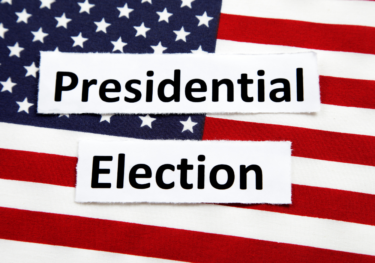Biden’s new China tariffs are more symbolic bark than bite
The Biden administration’s additional tariffs on China are essentially a rounding error for inflation and GDP, carrying no implications for monetary policy. However, Biden’s decision to implement additional tariffs on China is another indication that US industry policy is shifting toward the stick approach, such as more use of tariffs.
What you will learn:
- The Biden administration’s additional tariffs on China, particularly on electric vehicles, semiconductors, solar, and batteries, will not have a noticeable impact on US inflation or GDP, based on our modeling.
- The tariffs, to be announced later this week, would lift y/y growth in the PCE deflator by 0.01ppt, or 1bps, with a similar drag on GDP; this does not warrant a change to our baseline forecast.
- One reason for the small impact on GDP and inflation is that past tariffs on imported Chinese manufactured EVs had already taken a bite. Last year, China exported around $400 million in battery EVs to the US while the European Union exported nearly $7.5 billion to the US.
Tags:
Related Reports

Post
Patience is warranted for baseline forecast after US election twist
If President Biden did not drop out, the outcome of the election appeared to be clear, but things have changed and we are opting not to replace the baseline with any of our election scenarios in August.
Find Out More
Post
Quantifying the hit to industry from a second Trump presidency
Using our Global Industry Model, we have modelled the sectoral impacts of two scenarios in which former President Donald Trump returns to the White House and Republicans gain full control of congress.
Find Out More
Post
An update of our US presidential election models
President Biden's decision to withdraw as a candidate caps a string of major political events that has roiled the 2024 presidential race.
Find Out More